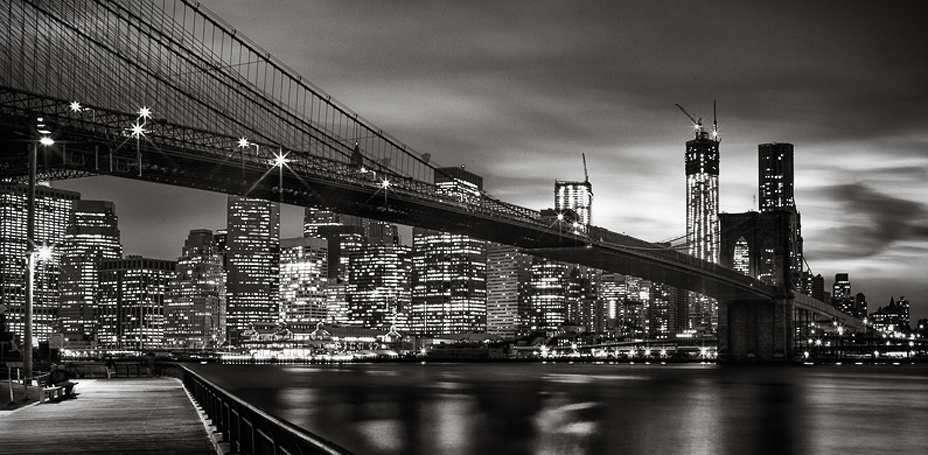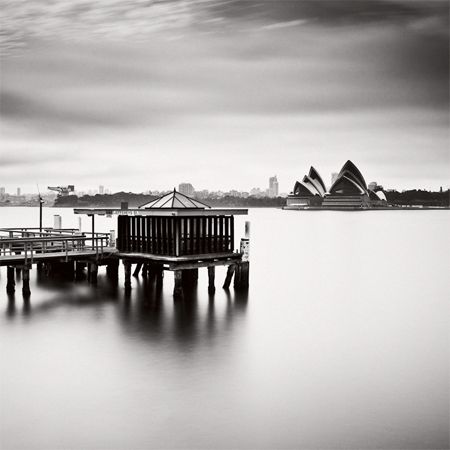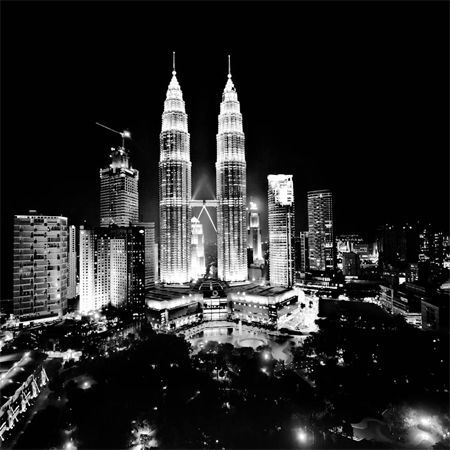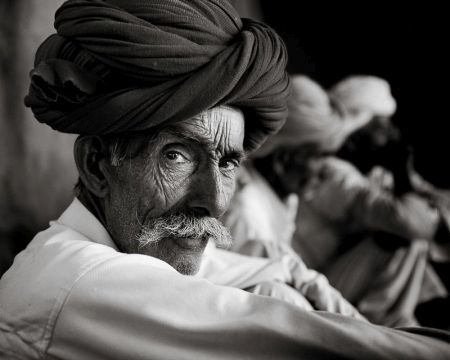#1 Please introduce yourself
I’m 51, I was born in France. I live in Reunion Island since 2004, which is a small French overseas territory close to Mauritius and Madagascar. I’m working a third time as a photographer, two third time as a doctor.
#2 How did you get interested in photography?
I have been taking photographs since my adolescence. I started with astrophotography ! I expanded my field of view and I began to photograph my surroundings. Very early, I was influenced by my National Geographic reading and I was particularly impressed by Steve McCurry’s photographs. After, I found my inspiration from my early passion for expedition stories, and later for traveling, medical assistance with mountain expeditions, outdoor racing.
#3 Do you have an artistic/photographic background?
It’s a personal endeavour. I had no artistic training. In my opinion, training in the arts is one of the way to stimulate your creativity. Although this does not seem mandatory, I taught myself. The techniques first, which is the easiest to acquire. Of Course, the problem is the composition of the image itself : subject, light, frame , creativity and after the realization of a body of work. This can be learned, but obviously there are limits. For my part, I try to watch and learn through the work of others, to get a visual culture and gender. Four years ago, I was fortunate to meet a legend of The NGM and Magnum photographer Steve McCurry. It was during a workshop. After I met him again three times. These meeting with such a great master were incredibly rich and unforgettable.
#4 Which artist/photographer inspired your art?
I’m interested in all style of photography and particularly in landscape, portraits and editorial photography. I made my photographic culture looking and reading at Henri Cartier Bresson, Marc Riboud, Sebastiao Salgado, Ansel Adams and others black and white masters . But the more I was reading , the more I was interested in color photography. I’m fascinated by Steve McCurry work. When you look at his photos, the colors, are never bright and always fit together in a perfect harmony. I ‘m also very interested by the works of Elger Esser, Andreas Gursky or Nadav Kandar. I like their way to work the colors and transfigure the reality.
#5 How much preparation do you put into taking a photograph?
Usually I try to get as much as informations than I can find. I made researches on the net, I read photographic books, painting catalogues… which are related to the subject. I try to read and understand a little bit the history of the location or the peoples. Most of the time I need to return 2 or 3 times on the place to be satisfied. The big challenge is to photograph peoples. If you want to have true and noble portraits you have to explain your purpose, understand their culture, be accepted by the locals which can take you lot of times without get one photo.
#6 Which places have been your favourite shooting sites so far and why?
Speaking about cityscape, Venice is probably one of the best location I have photographed. Because I wanted to have the less as possible people on the photos and a nice light, I had to wake up very early. The fact is at this time the town is almost empty, and this feeling of loneliness is perfect to catch or approach the true face of this city .Then you can capture the quiet atmosphere of this area as would the Venetian citizen who experiences it after dusk or in early morning, which is not a visitor’s perspective. For portraits India and Myanmar are incredible place to go.
#7 Photographs with such long exposure make the world look really desolate and lonely. Why have you chosen to present your works in such form?
I try to create a calm atmosphere and the use of long exposures helps to create peaceful scene and add poetry that contrast to an everyday scene. The fact is that I’m not interested to show the reality of a location, I really prefer twist the scene to show my vision, and try to transfigure the reality in order to my share my own language of poetry. Perform long exposure add an another dimension : the passage of time. I don’t include any peoples in my photos because with this technique moving object disappear. Also because I’m afraid to add a disturbing element, eliminate poetry and fall into a more conventional style
Of course, I’m very influenced by Michael Kena, witch is great, but which is somewhere very difficult to push back because of this technique.
#8 Could you please tell us something about your technique and creating process?
Few years ago, I used to work with a Nikon D3x and most of the time a 24-70 mm – f/2,8 I still use this camera for editorials works. Now I’m fortunate to use a Pentax 645Z with a mix of new and old medium format lenses and Neural density filters of course.. I need to go several times on the location to get a a good frame, or a good light. For my editorial work, I usually work from dawn to dusk in the street. I try to find the interesting details, an uncommon action, a funny situation that can make my photos interesting. I try to show the details of life and capture great moment or action. I never use flash light. I try to focus on the action. When I do landscape, I’m focus of the light, so every time in a day could be fine depending on the weather conditions ans my subject. I pay very little attention to technical details. So most of the time I have to look at the metadata to remember the technical data.
For editing, I work first in Lightroom, which is convenient for catalogue, add keyword, and make the very first and the very last adjustment : black and white conversion, light, burning. Most of the work is done in Photoshop. I like to work slowly, so I can let the work rest a little bit before editing it in order to take distance with the intensity of the trip, and the excitation of some scene.
Sometime I used Nicksoftware or Dxo filmpack. I’m worry of these softwares because I’m afraid of getting too stereotyped work. For fine art purpose, I used to print on Hahnemuehle Photo Rag Baryta, and Epson Premium Luster for Exhibition.
#9 What do you do in your life besides photography?
I’m working as a doctor. It takes me to much time, but that offers me exceptional opportunities to meet people and make friend with them.
#10 What future plans do you have? What projects would you like to accomplish?
The Venice series should be exhibit next year in Venice. I hope to be ready during the art fair. I need to go back in the town to complete the series.I should exhibit in a place call the Ca’Asi probably in August or September.
Recently, I have been assigned by Doctors of the World to photograph poverty and health accessibility in Mayotte Island , I hope to continue that interesting work and go also in Madagascar.
Actually I’m working on a series of portraits of peoples who lives in a very remote place in my country. It took me months before I could be accepted. It’s a long term project, but very stimulating.
Olivier Borson website:
www.olivierborson.net









One Response to “Olivier Borson”
GLENN
nice work and interview. cheers friend